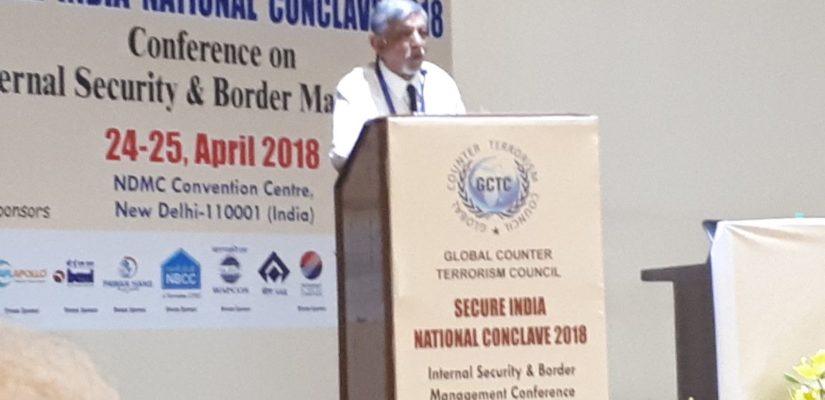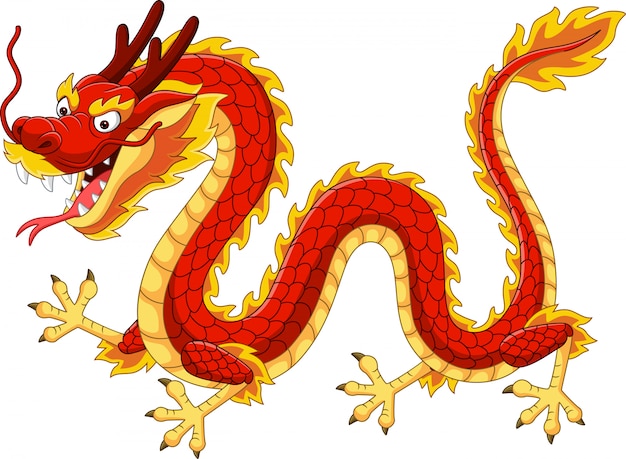
The dragon in the room The Excelsior 03 Dec 2020

The dragon in the room 03 Dec 2020
The recent signing of the Regional Comprehensive Economic Partnership (RCEP) by 15 nations, which India rejected, has brought China into focus again. While it is established that discussions and the thought behind the RCEP was China’s, Hu Xijin, the editor of Global Times, a Chinese government mouthpiece, stated that the RCEP was ‘initiated by ASEAN’ and not China and hence it is not a Chinese initiative. The signatories include all ASEAN nations, New Zealand, South Korea, Japan, Australia and China.
The Indian market is the fastest growing, large and in demand, hence pressure on India to join was continuous. India still has the option but Chinese participation in the agreement will ensure India stays away. Members of the RCEP possess a GDP of USD 26.2 Trillions, which is one-third of the global GDP. This new free trade bloc is expected to eliminate 90% of tariffs.
It has been China’s unfair trade practices which compelled India to refuse joining the RCEP. S Jaishankar, the Indian External Affairs Minister, hinting against China, stated, ‘In the name of openness, we have allowed subsidized products and unfair production advantages from abroad to prevail. And all the while, this was justified by the mantra of an open and globalized economy.’
India already has free trade agreements with five of the nations which have signed the RCEP and is negotiating with few more. Riva Ganguly Das, the secretary for Eastern relations at MEA stated, ‘As far as India is concerned, we did not join RCEP as it does not address outstanding issues and concerns of India.’ India’s main concerns were the services sector, agriculture and diary, where Chinese products would severely hamper domestic production. Any reconsideration by India collapsed post the Chinese intrusion in Ladakh. For India, signing the RCEP would open doors for Chinese products flooding Indian markets, an act which it blocked post the Galwan incident.
Simultaneously, India objected to Chinese demands on ASEAN nations to agree to certain clauses in the proposed Code of Conduct on the South China Sea (SCS), currently under discussion. These clauses prohibit ASEAN nations from conducting joint military drills with forces from outside the region, including India, and preventing them from exploiting natural resources in the region.
If these clauses are inserted, then ASEAN nations would need prior clearance from China for joint military drills with other nations as also involving them in exploration of natural resources in the SCS. China would have achieved its aim of establishing control over the South China Sea through approval of ASEAN nations, obtained under pressure. This treaty under no way restores rights of territories to affected nations. While groupings like the QUAD would conduct their own exercises in the region, there would be no participation of ASEAN nations.
In Nepal, it is China which is working to ensure the survival of the Oli government. Reports indicated that the Chinese ambassador to the country, Hou Yanqi, is regularly involved in meeting opponents of Oli attempting to broker an agreement to ensure the government survives. As per KhabarHub.com, ‘Sources have also claimed that the Chinese Embassy has mobilized some middlemen, including some businessmen and Nepali officials to influence and convince NCP (Nepal Communist Party) leaders to move ahead by forging a consensus to keep the party intact.’ The border issue between India and Nepal was also instigated by China. The fact that most members of the Nepalese communist party saw through Chinese attempts and pushed Oli to retract.
China is aware that with the collapse of the Oli government, Nepal’s relations with China would undergo changes. Post the visit by the Indian foreign secretary, Oli sent a message to the Chinese Ambassador conveying that he is capable of handling challenges within his party without assistance from them. It was a warning to them to stay away. It also conveyed that he is willing for a split if it comes to that. In response, China rushed its defence minister to Nepal.
India’s objection to the Belt Road Initiative (BRI) stemmed from the CPEC moving through Gilgit Baltistan, a disputed territory. It is China which is pushing the Pak army to ensure that Gilgit Baltistan is converted into a separate province to secure its investments. Its open support to Pakistan in global forums is the stumbling block in preventing international pressure being applied on it to stem support to terrorism. It is China which is blocking Pakistan from being placed on the FATF Blacklist.
Chinese support, arms and ammunition enables Pakistan to continue pushing terrorists into India. Kashmir being embroiled in terrorism benefits China. Its financial investments in Pakistan have led to the country being beholden to China which will be exploited by it for anti-India activities. In most of South Asia, India battles China for influence. Chinese funding is leading to most of South Asian nations falling into the debt trap. Strong defensive-offensive actions by India in Ladakh have restored trust in Indian power within South Asia. In case India had succumbed to Chinese pressures, India would have lost its standing in the region.
It is only China, amongst the permanent security council members, which objects to expansion of the UN Security Council thus blocking any attempt by India to join the body. China is the nation leading the charge against entry of India into the Nuclear Suppliers Group (NSG). Most other members support it.
Simultaneously, China is involved in a standoff with India in Ladakh, which even after months, shows no signs of abating. China remains aware that India is no pushover nor would it accept any unreasonable conditions to end the stalemate. It has witnessed Indian determination and would continue seeking to suppress India by alternative actions.
For India, in any direction it looks, there is China lurking in the bushes, acting against it. This should have been seen by our national leaders, who have wasted decades attempting to win over the dragon, whereas all it has ever desired is to damage India, its institutions and its economy. The dragon has proven that it cannot be trusted and would always consider India as an adversary. It would employ every means at its disposal to ensure India is not surrounded by friends.
The intrusion by China has opened eyes, which were shut for decades. There should be no turning back and moving relations to status quo. India must continue to challenge China at every stage as an equal.